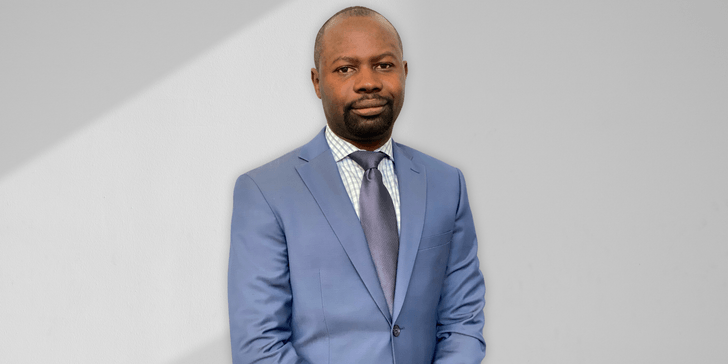Honoring the Past, Building the Future: Reflection on Black History Month
This Black History Month, our colleague Ghislain Boukosso reflects on the enduring contributions of African Americans to the US labor force, the importance of equity in the workplace, and how initiatives like Colleague Communities are helping shape a more inclusive future.

This year’s Black History Month (BHM) theme is “African Americas and Labor.” Can you elaborate on the historical significance of African American contributions to the US workforce?
This year’s Black History Month theme is about highlighting the contributions and the role that Black Americans have played and continue to play in making the US labor force for centuries. This encompasses building and feeding the US throughout the slavery era with their hard free or forced labor to today. It also highlights their struggles to strive and their successes in the modern corporate world.
What does Black History Month mean to you personally?
To me, BHM is a time to reflect, celebrate, and educate. It’s a chance for the country to come together and recognize struggles and accomplishments of the Black American community. While it is important to have a month dedicated to this part of our history, we should also remember that the United States is a mosaic of people and cultures, and everyone’s contributions are valued and deserve recognition year-round.
Why is Black History Month still relevant today, and how does this year’s theme deepen our understanding of American history?
This year’s theme is there to remind each one of us that African American workforce, whether forced or voluntary, played a critical role in building this nation. Their contributions laid the foundation for much of what we have and enjoy today.
In the Bank, we have six Global Colleague Communities. Why is this important, and how will it help foster meaningful conversations across geographies?
This is a great initiative! These Colleague Communities create space to identify systemic barriers to career progression, support high-potential talent who might otherwise be overlooked, and help the next generation of leaders. It’s about recognition, support, and action.
How do we create equity at work for future generations and how do you hope to inspire that?
It starts with the will from the leadership to promote equity within the Bank; that will is clear at Standard Chartered. But it also takes education. We need to engage in genuine and honest conversations about what equity really means in the workplace, and BHM is a great time to spark and drive these conversations. One practical step is diversifying our recruitment pipeline – for example, by partnering with Historical Black Colleagues and Universities (HBCUs) – to ensure we’re giving opportunities to talent from all backgrounds.
